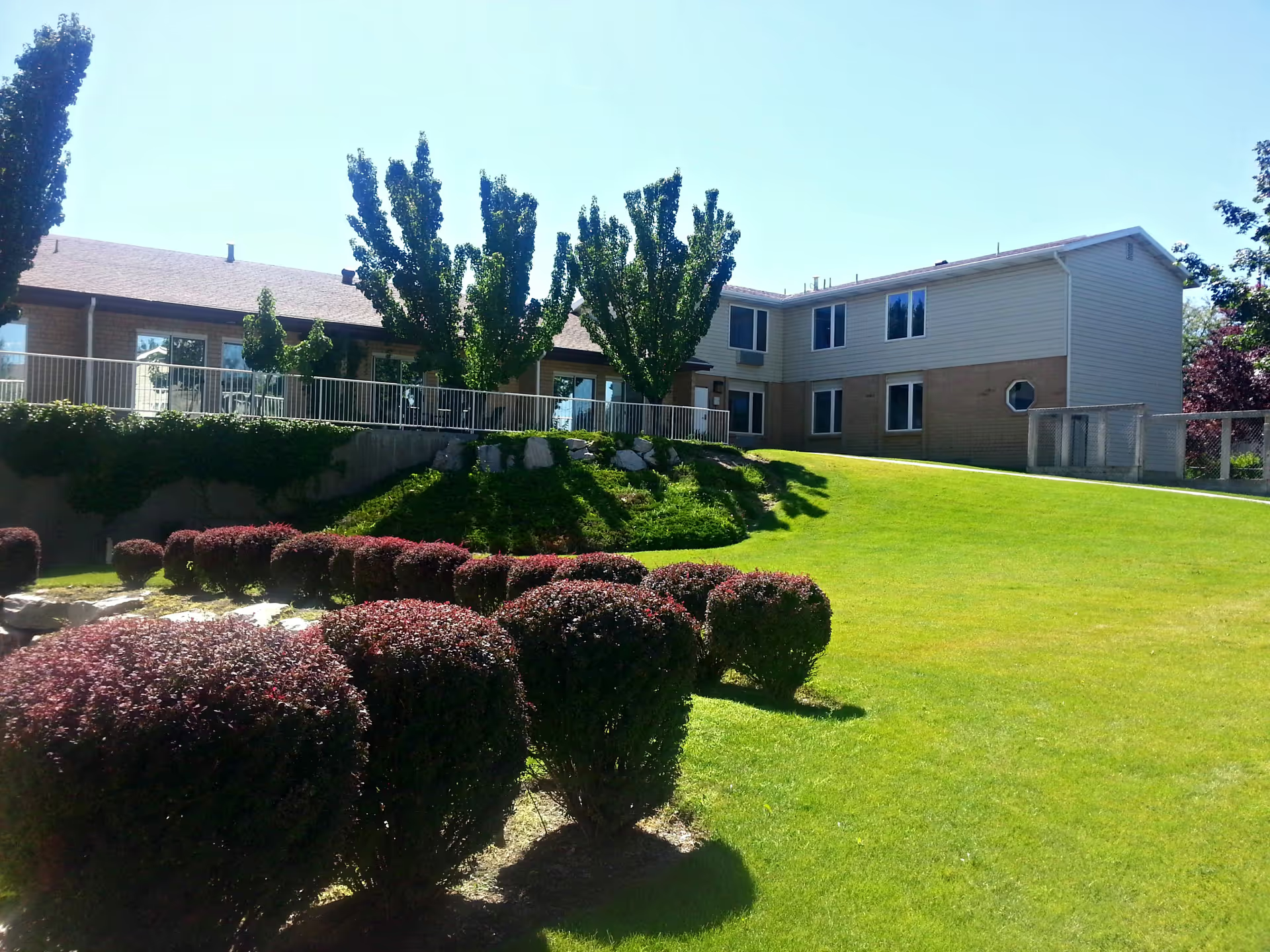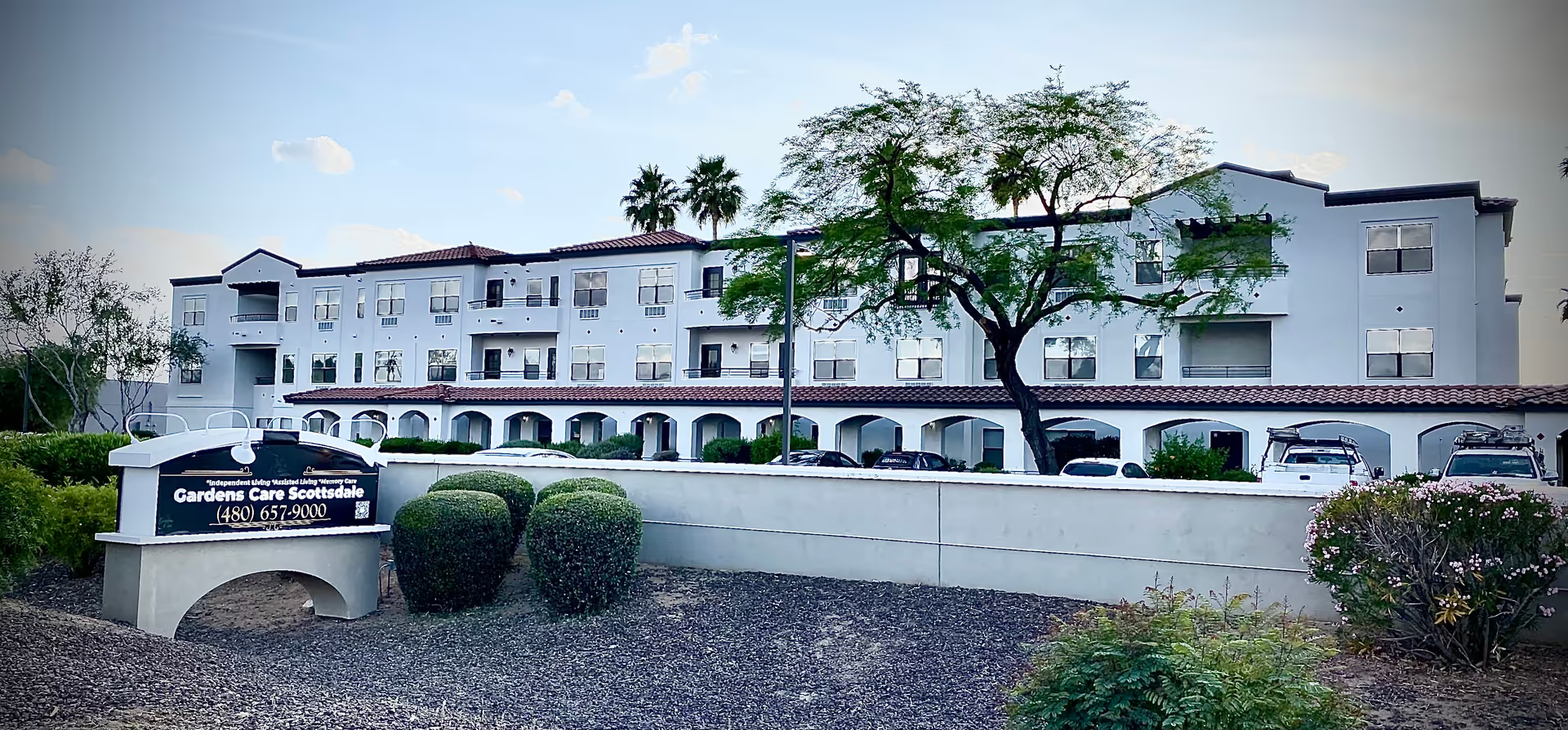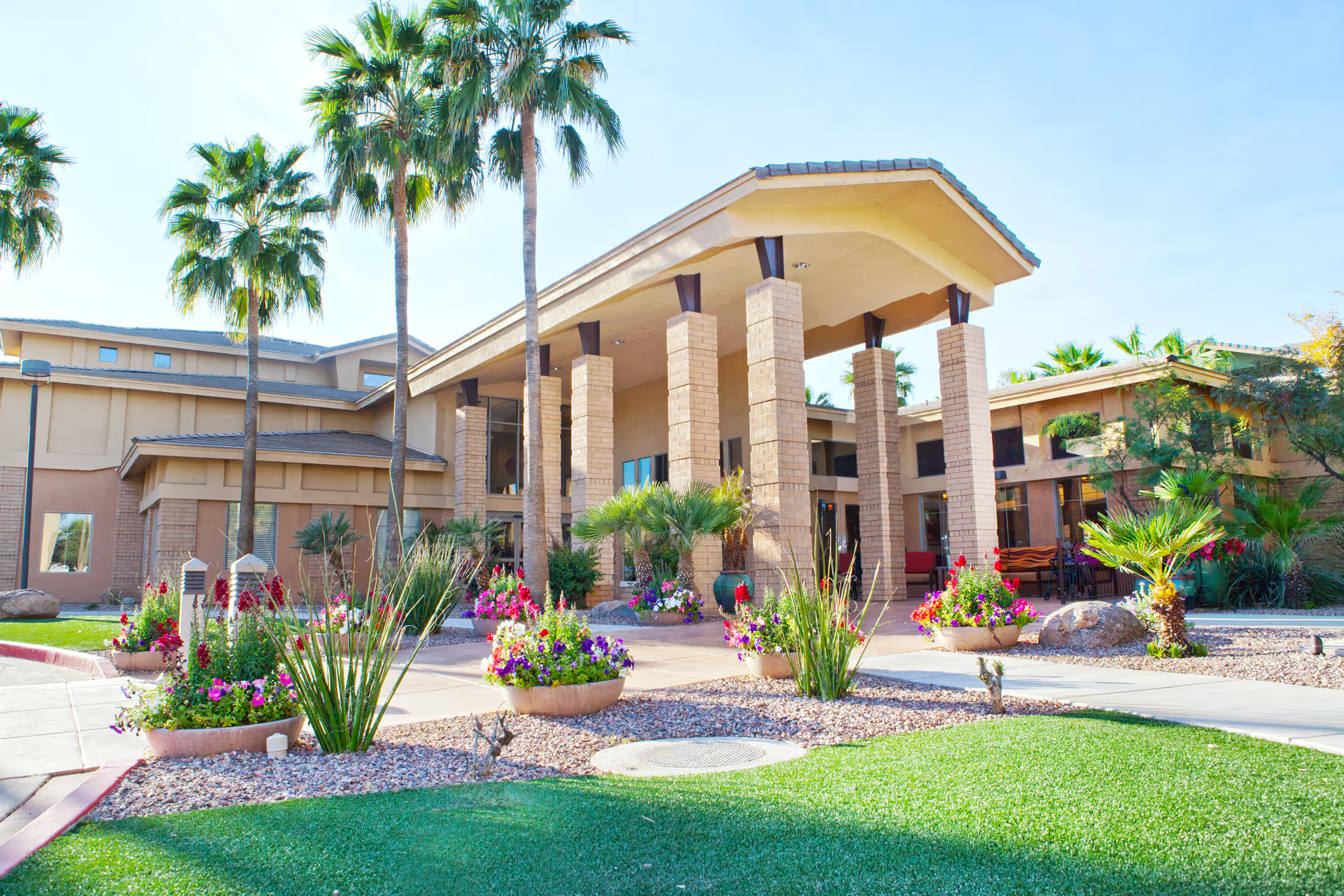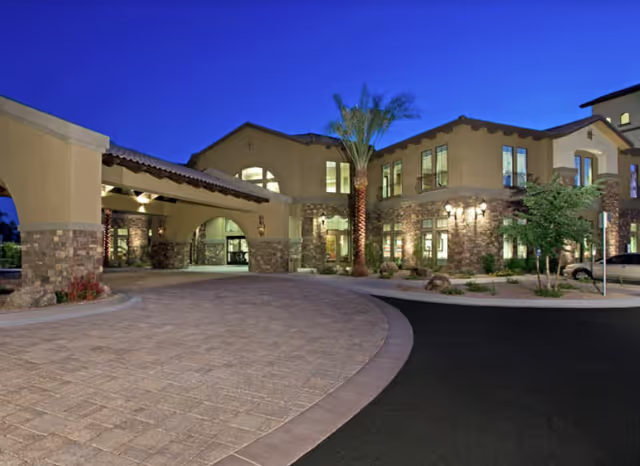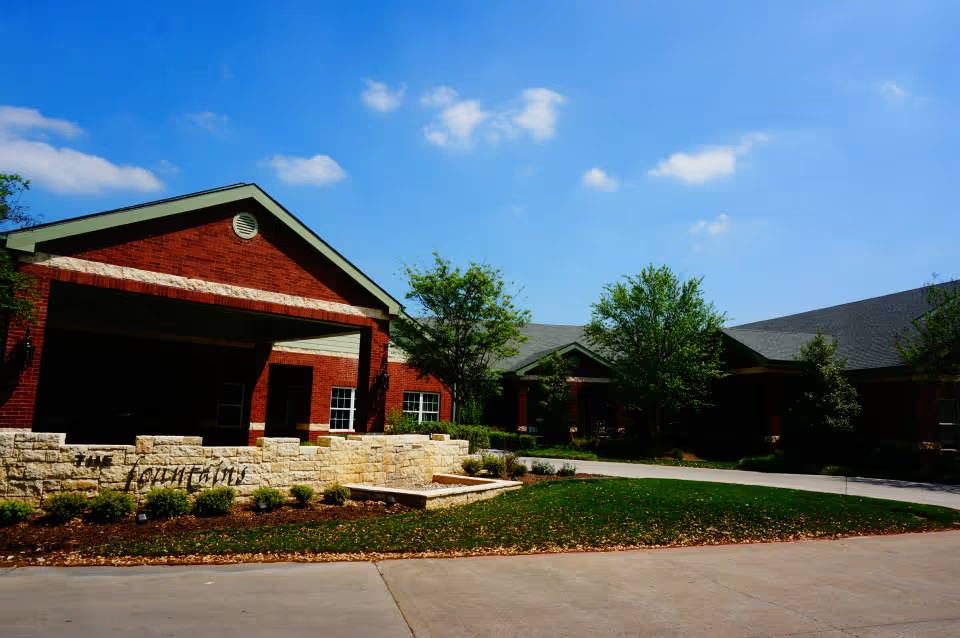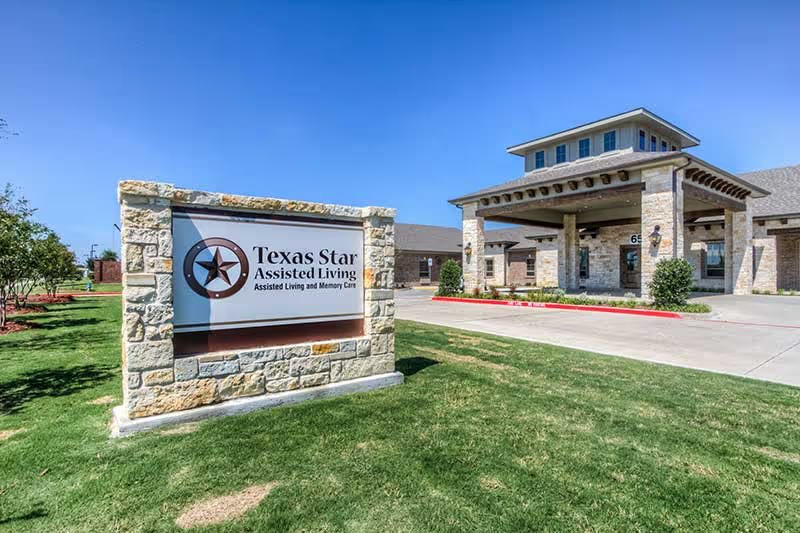Overall sentiment: The reviews for Applewood Our House Assisted Living Memory Care Lakewood are mixed but lean strongly positive in the areas most families prioritize for memory-care settings: compassion, personalization, and active engagement. A large number of reviewers emphasize that the staff are caring, attentive, and genuinely invested in residents’ well-being. Many describe the environment as home-like, clean, and non-institutional, with residents known by name and treated like family. For families seeking memory care specifically, reviewers frequently cite the facility’s expertise in dementia support, individualized care plans, and the peace of mind that comes from staff advocacy and end-of-life support.
Care quality and staff: The dominant positive theme is staff quality—multiple reviews call out dedication, kindness, patience, and a willingness to go above and beyond. Reviewers credit staff with making residents comfortable, addressing needs quickly, and providing compassionate support during difficult times. Communication with families is often praised: staff keep families informed, celebrate milestones (birthday parties), and clarify finances and admission processes. At the same time, a recurring negative theme is inconsistency in staffing. Several reviewers mention turnover, understaffing (one reviewer reports a 1:10 caregiver-to-resident ratio), and isolated reports of unprofessional or rude behavior by particular staff members or managers. These issues appear to produce sharply different family experiences—some families report exemplary management and treatment, while a few report feeling unwelcome or poorly treated.
Activities and social engagement: Activity programming is a notable strength. Many reviews praise an active calendar, a dedicated activities coordinator (Nora is singled out by name), regular group activities, outings/field trips, and use of a large area for games and exercise. These programs contribute to residents being engaged and active, which multiple families view as a major benefit. A caveat mentioned is that opportunities for outside social events can be limited by the residents’ advanced age or dementia levels—this is more a reflection of resident mix than staff effort, according to reviewers.
Facilities and dining: The facility’s physical environment is frequently described as warm, intimate, and spotless, with features that reinforce a home-like feel (round dining table, open spaces). There is an on-site beautician and dedicated spaces for activities. Dining gets mixed but generally favorable comments: meals are described as good and better than some other facilities, though not restaurant-quality. Some reviewers complain about hard, dried-up food on occasion. A practical facility limitation noted by a few is the absence of bathtubs in rooms, which could matter for families preferring tub baths.
Safety, clinical concerns, and visitation: While many families feel their loved ones are safe and well cared for, several serious concerns are reported that prospective families should note. These include incidents of resident falls and bruises, at least one claim of questionable medication handling, and reports that family visits were restricted or visitors were made to feel unwelcome. Security and visitor management are specifically called out by some reviewers as areas needing improvement. These safety and clinical concerns are not universal across reviews but are significant because they directly affect resident well-being.
Management and variability: A strong pattern is variability in experience tied to staff shifts, turnover, or management approach. Numerous reviewers offer glowing endorsements—calling Applewood the “best,” praising excellent management, clear explanations of finances, easy acceptance, and lifesaving interventions—while a minority report the opposite: rude management, unprofessional staff, and a “horrible facility” experience. This polarity suggests that quality can be excellent but may depend on which caregivers and managers are present and current staffing stability.
Conclusion and implications for families: In sum, Applewood Our House has many strengths as a memory-care home: compassionate and personalized care, a home-like environment, active programming (including a well-regarded activities coordinator), good family communication, and services geared to dementia needs. However, prospective families should also investigate reported weaknesses: ask about current staffing ratios and turnover, medication administration procedures, incident reporting and fall-prevention measures, visitation policies, and recent management changes. Visiting at different times and speaking with multiple families and staff can help assess consistency. The reviews indicate that for many residents and families Applewood provides outstanding, attentive memory care, but a minority of experiences show lapses that families should proactively inquire about before committing.
